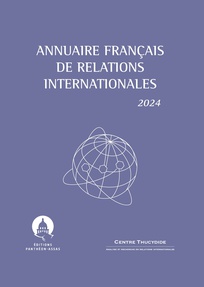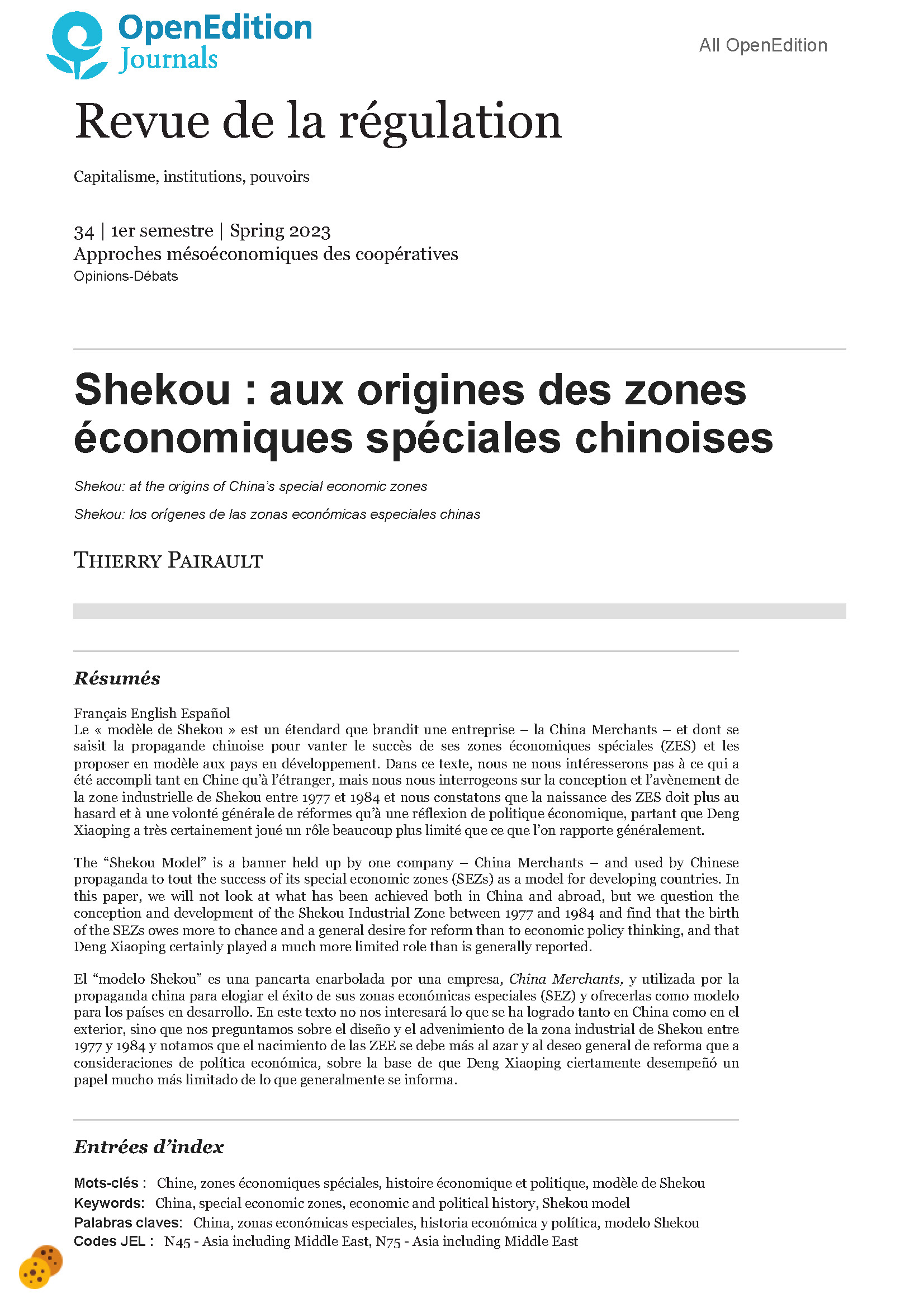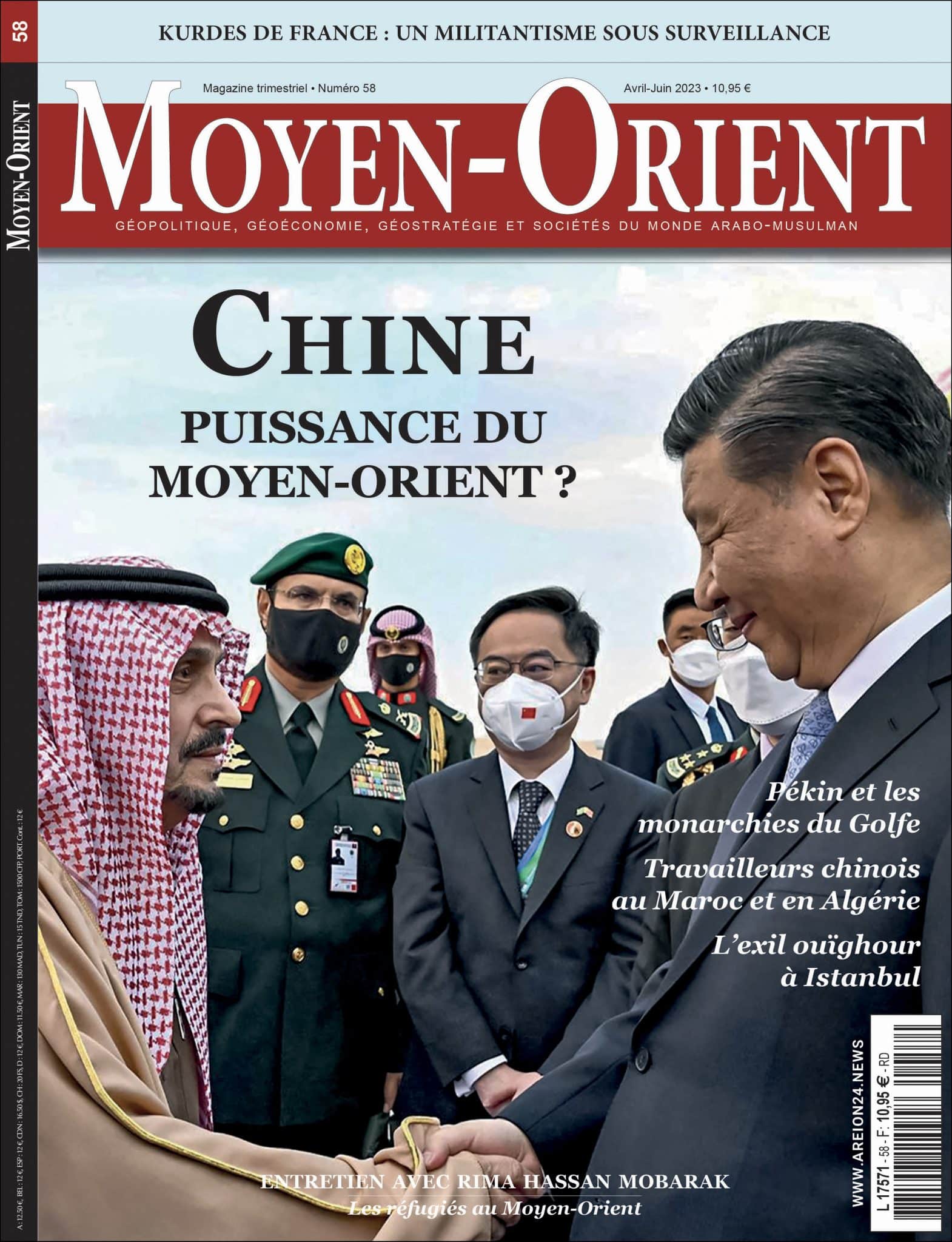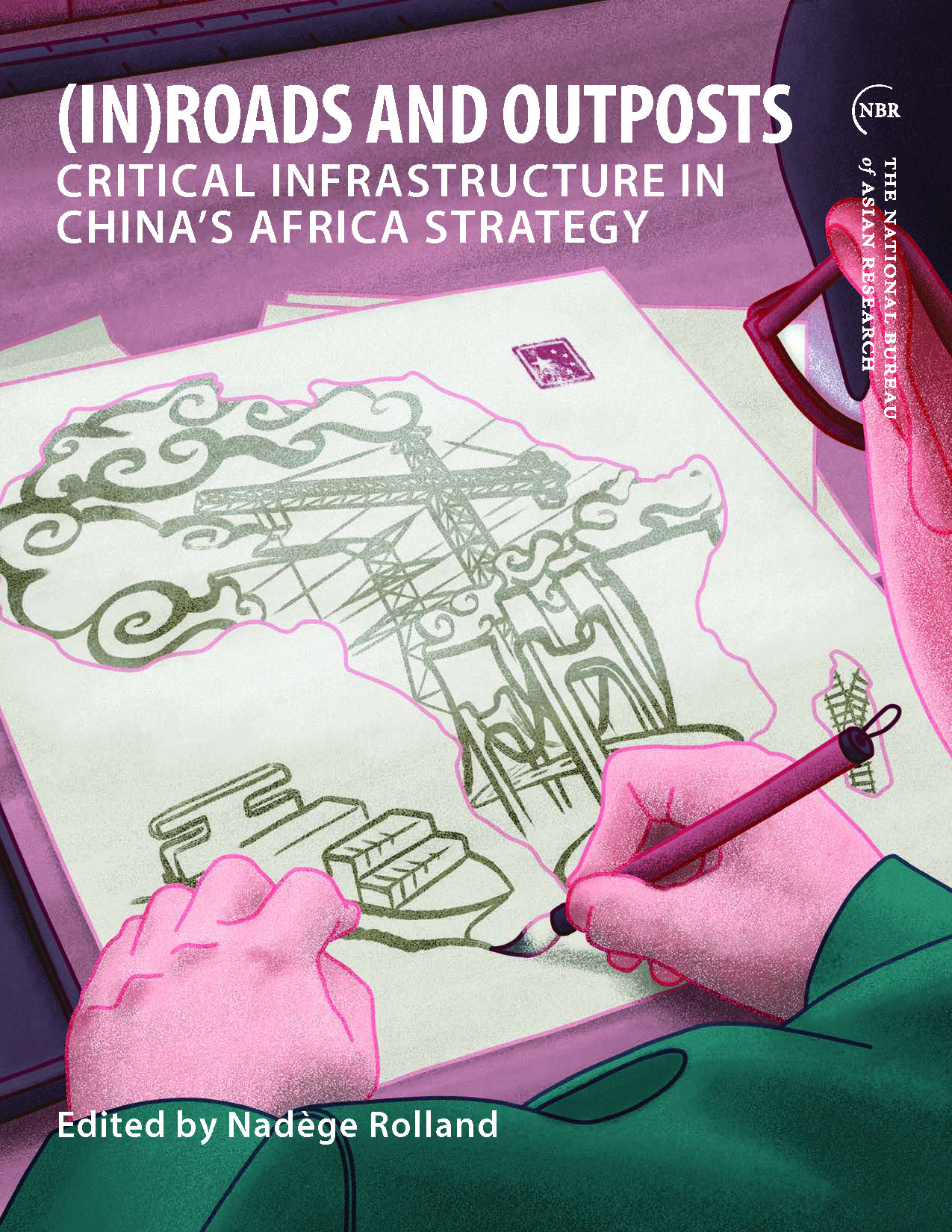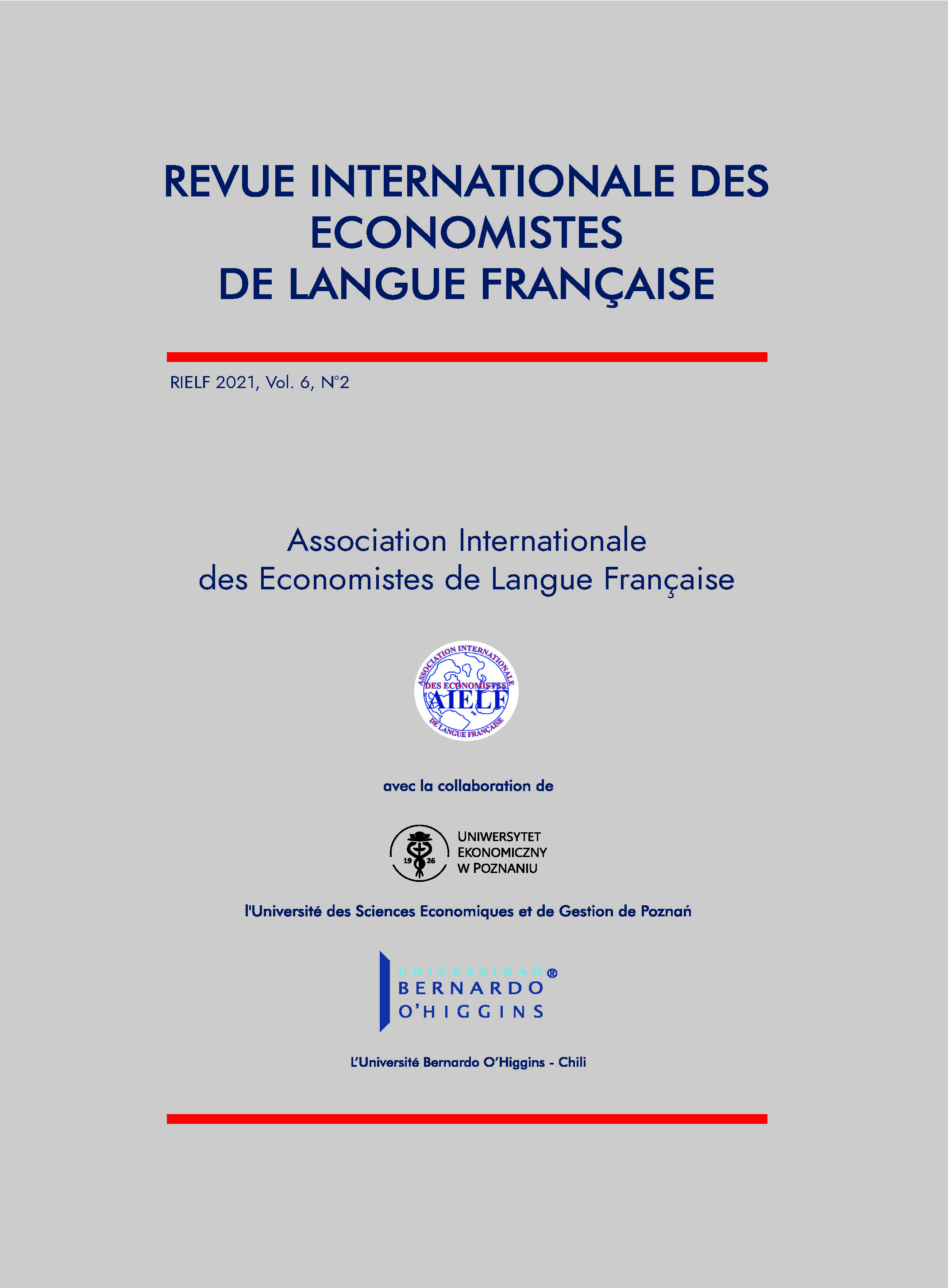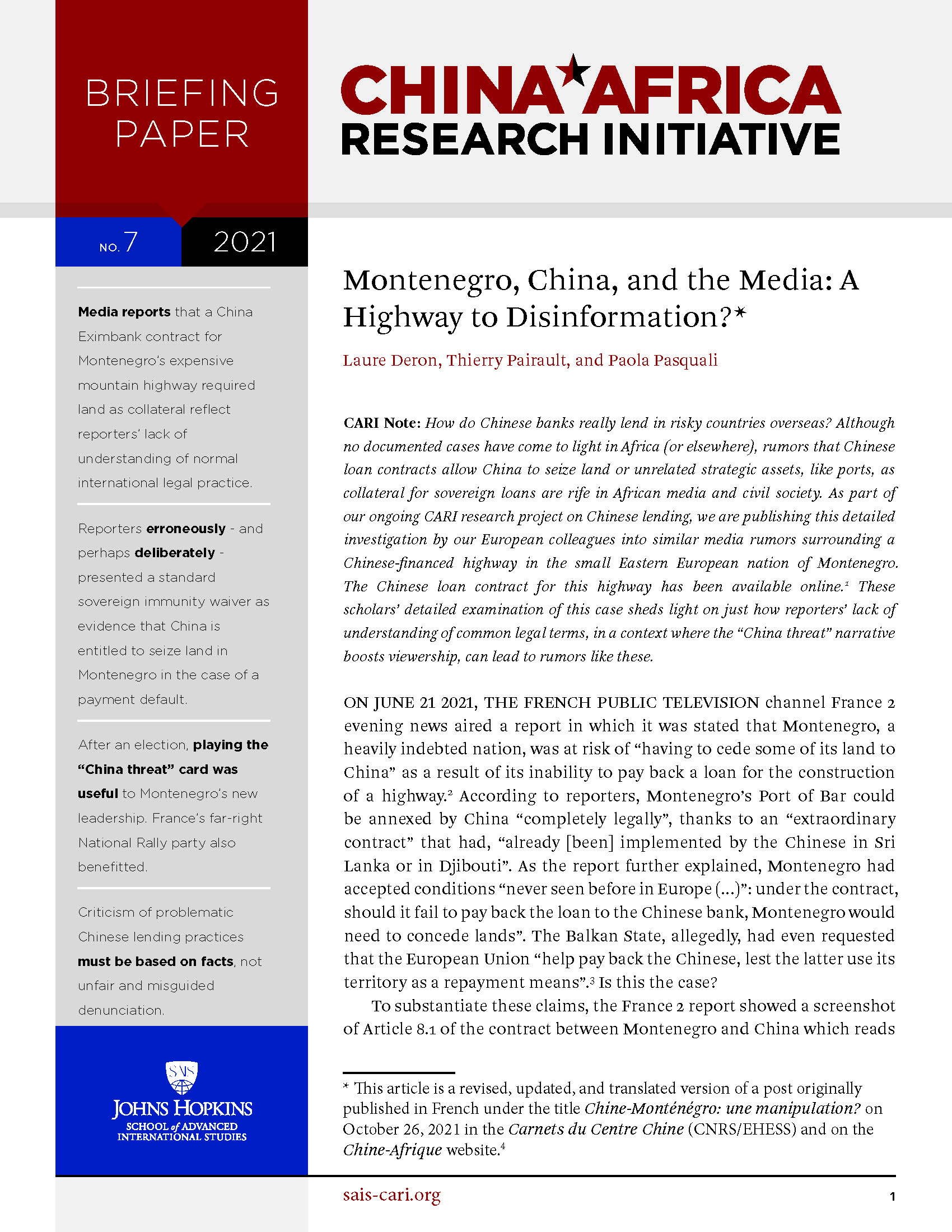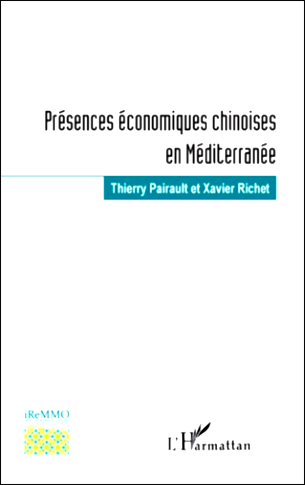Industrial Parks in Africa: Building Nests for the Chinese Phoenix
Thierry Pairault
in Nadège Rolland, (ed.), (In)roads and outposts Critical Infrastructure in China’s Africa Strategy, NBR Special Report #98, mai 2022, p. 75-88.
EXECUTIVE SUMMARY
This essay examines the impact and consequences of the promotion in Africa of China’s experience with special economic zones (SEZs), how these zones could enable African countries to emulate the “Chinese miracle,” and how they will serve China’s ambition to pursue its economic goals.
MAIN ARGUMENT
There is evidence that Chinese industrial parks in Africa, which China refers to as overseas economic and commercial cooperation zones (OECCZs), are not replicating the experience of SEZs in China. While an SEZ is a zone created by a host country on its own territory to attract foreign investors and to promote its own development, an OECCZ is an enclave designed by a Chinese company appointed by China to create a Chinese ecosystem in a host country’s territory to accommodate Chinese companies. OECCZs are de facto subject to Chinese law and thus boost Chinese economic development. While China is forging such economic dependence of African countries on its own economy, it is also building a political clientele to serve its power assertion.
POLICY IMPLICATIONS
- If the development strategy of the African countries hosting Chinese companies in these Chinese industrial parks does not tightly define their entrepreneurial strategy, the gain for these countries is likely to be more social (income distribution) than economic (developmental industrialization).
- If firms’ selection is up to the Chinese operator and fosters the creation of labor-intensive and resource-based manufactures, the risk is that the host country will not generate inclusion in the global economy, technologically catch up, or climb up the value chains, but at best obtain a place behind China in the international division of labor.
- If the Chinese operator gets a full transfer of ownership of the land used for the industrial park as advocated by the Chinese government, then the host country will lose any control and leverage it would have had under a concession contract (public-private partnerships) over both the entrepreneurial choices and the internal regulation of these parks.
- If the U.S., the EU, and their allies want to contribute to Africa’s industrialization and development, they must deepen economic rapprochement through productive activities (coproduction and insertion in U.S.-African and Euro-African value chains), not just commercial ones, and enrich their policies to encourage U.S. and European direct investment in Africa.
Lire cette analyse / Read this essay ![]() —— Lire le rapport entier / Read the full report
—— Lire le rapport entier / Read the full report ![]()
FULL REPORT CONTENTS
- Introduction
Nadège Rolland - China’s Ports in Africa
Isaac Kardon - African Railway Ambitions Meet China’s Belt and Road
Yunnan Chen - Chinese Telecommunications Giants and Africa’s Emerging Digital Infrastructure
Daria Impiombato - China Electrifies Africa
Erica Downs - Industrial Parks in Africa: Building Nests for the Chinese Phoenix
Thierry Pairault

